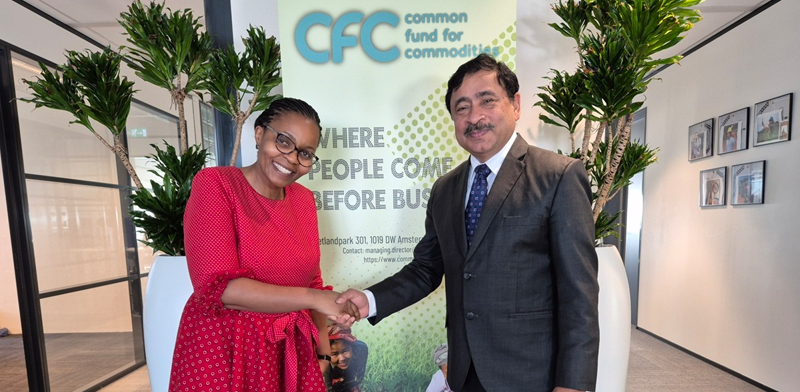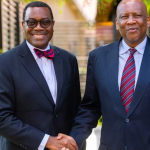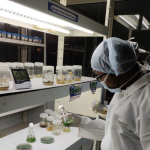Lesotho has reaffirmed its commitment to strengthening economic ties with the Common Fund for Commodities (CFC) in a bid to secure increased investments that could transform its agricultural sector and contribute to poverty alleviation.
During a visit to the CFC Secretariat in Amsterdam, H.E. Mantoetsi Mohatonyane, Lesotho’s Ambassador to the Netherlands and Belgium, engaged in high-level discussions with Ambassador Sheikh Mohammed Belal, Managing Director of the CFC.
The discussions centred on Lesotho’s agricultural potential, investment opportunities in commodity sectors, and the need for innovative financial mechanisms to support smallholder farmers and SMEs.
The CFC, an intergovernmental financial institution established within the UNCTAD framework, has long played a vital role in supporting commodity-dependent developing countries.
Ambassador Belal highlighted CFC’s commitment to sustainable development, poverty reduction, and fostering resilient value chains, emphasising that Lesotho is well-positioned to benefit from increased engagement.
“The CFC is committed to deepening partnerships with nations like Lesotho, ensuring that investments in agriculture and commodity sectors translate into real improvements in people’s lives,” Ambassador Belal stated.
Ambassador Mohatonyane expressed gratitude for CFC’s impact on global commodity markets and emphasised Lesotho’s keen interest in attracting investment to its agriculture sector.
She applauded the organisation’s “Humanising the Value Chains” initiative, which aims to ensure farmers and smallholder producers receive fair returns for their work.
“Lesotho has immense agricultural potential. With the right investments and strong partnerships, we can transform smallholder farming into a thriving, competitive industry that contributes significantly to food security and economic growth,” Ambassador Mohatonyane said.
A key outcome of the meeting was CFC’s invitation to Lesotho to explore investment opportunities through the newly launched Agricultural Commodity Transformation Fund (ACT Fund).
This initiative seeks to mobilise private sector investments that drive transformation in commodity sectors while supporting the sustainable development and poverty reduction goals.
Ambassador Belal urged Lesotho’s government and private sector entities to explore the ACT Fund, emphasising that it provides a unique opportunity to scale up investments in agriculture, promote value addition, and enhance market access for farmers and agri-businesses.
Beyond agriculture, the discussion also touched on the role of small and medium-sized enterprises (SMEs) in economic development.
Ambassador Belal encouraged Ambassador Mohatonyane to advocate for a viable guarantee scheme that could bridge the financing gap for SMEs.
“A guarantee scheme would create stronger linkages between SMEs and smallholder farmers, fostering an inclusive economic ecosystem that benefits both producers and businesses,” he stated.
Ambassador Mohatonyane welcomed this initiative and pledged Lesotho’s support in conducting necessary research to develop a workable model for SME financing in the Global South.
The meeting concluded with both parties reaffirming their commitment to fostering stronger economic ties and exploring further areas of collaboration in sustainable commodity development. Ambassador Mohatonyane and Ambassador Belal agreed that private sector participation would be key to achieving lasting success in these efforts.




